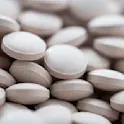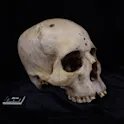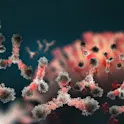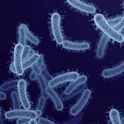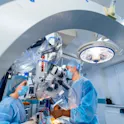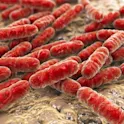‘Virtual autopsy’ identifies a 17th century mummified toddler hidden from the sun
by Angharad Brewer Gillham, Frontiers science writer Image: Riderfoot/Shutterstock.com Scientists used a ‘virtual autopsy’ to examine the mummy of a child found in an aristocratic family crypt, revealing him most probably as Reichard Wilhelm (1625-1626). Despite his wealthy background, the child experienced extreme nutritional deficiency and a tragically early death from pneumonia. A team of scientists based in Germany have examined a 17th century child mummy, using cutting-edge science alongside historical records to shed new light on Renaissance childhood. The child was found in an aristocratic Austrian family crypt, where the conditions allowed for natural mummification, preserving soft tissue that contained critical information about his life and death. Curiously, this was the only unidentified body in the crypt, buried in an unmarked wooden coffin instead of the elaborate metal coffins reserved for the other members of the family buried there. The team, led by Dr Andreas Nerlich of the Academic Clinic Munich-Bogenhausen, carried out a virtual autopsy and radiocarbon testing, and examined family records and key material clues from the burial, to try to understand who the child was and what his short life looked like. “This is only one case,” said Nerlich, lead author of the paper published today […]
